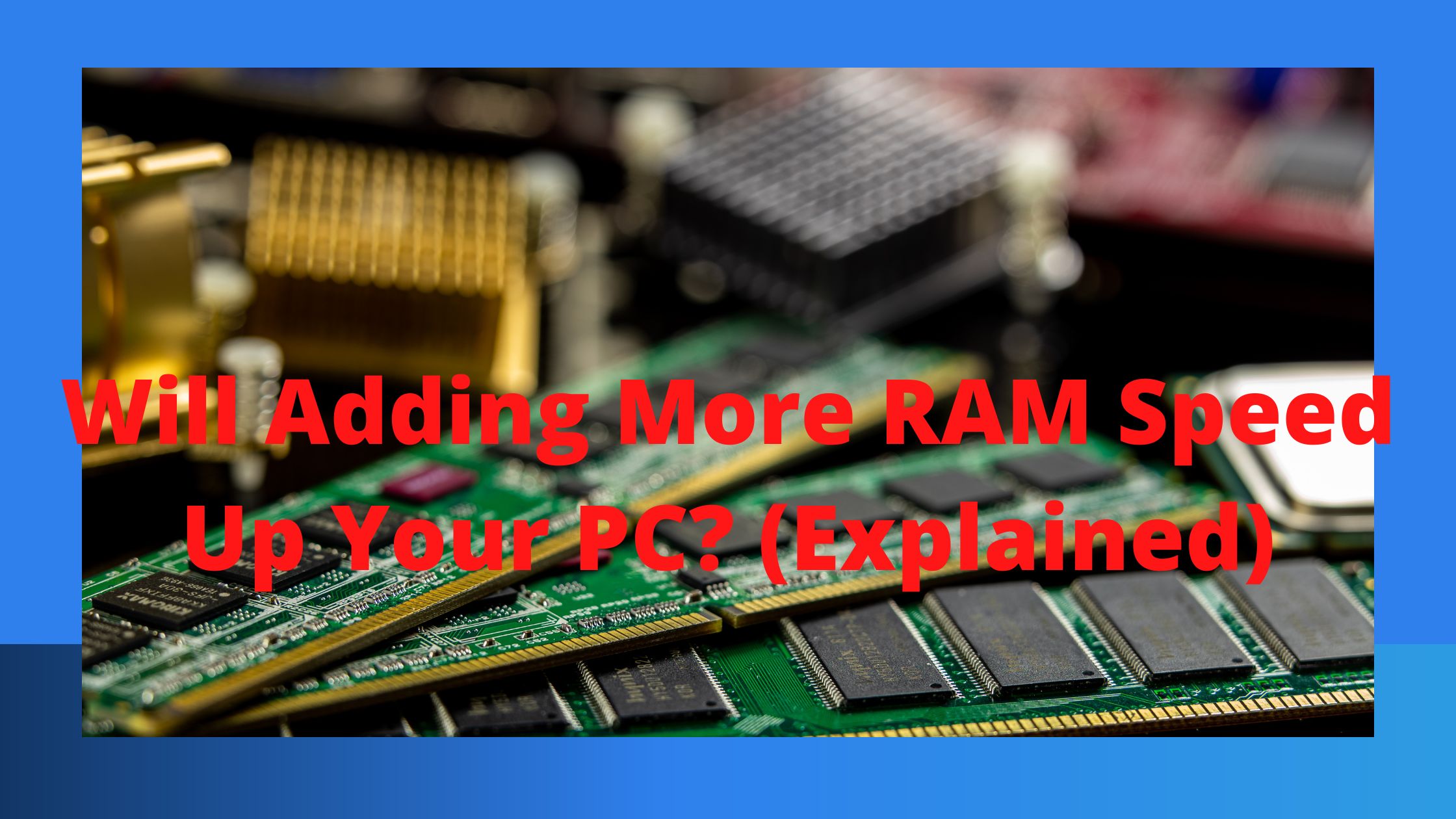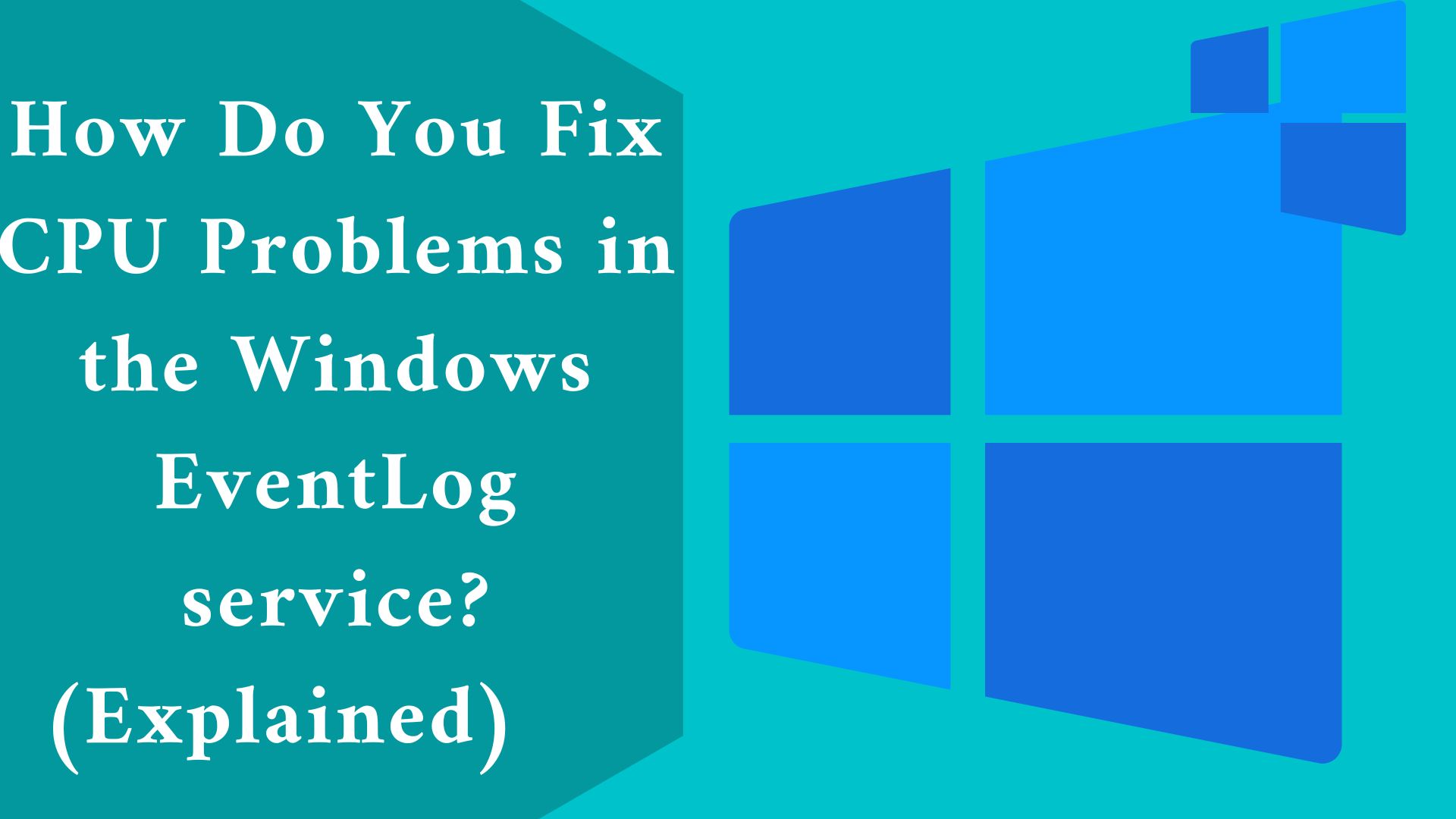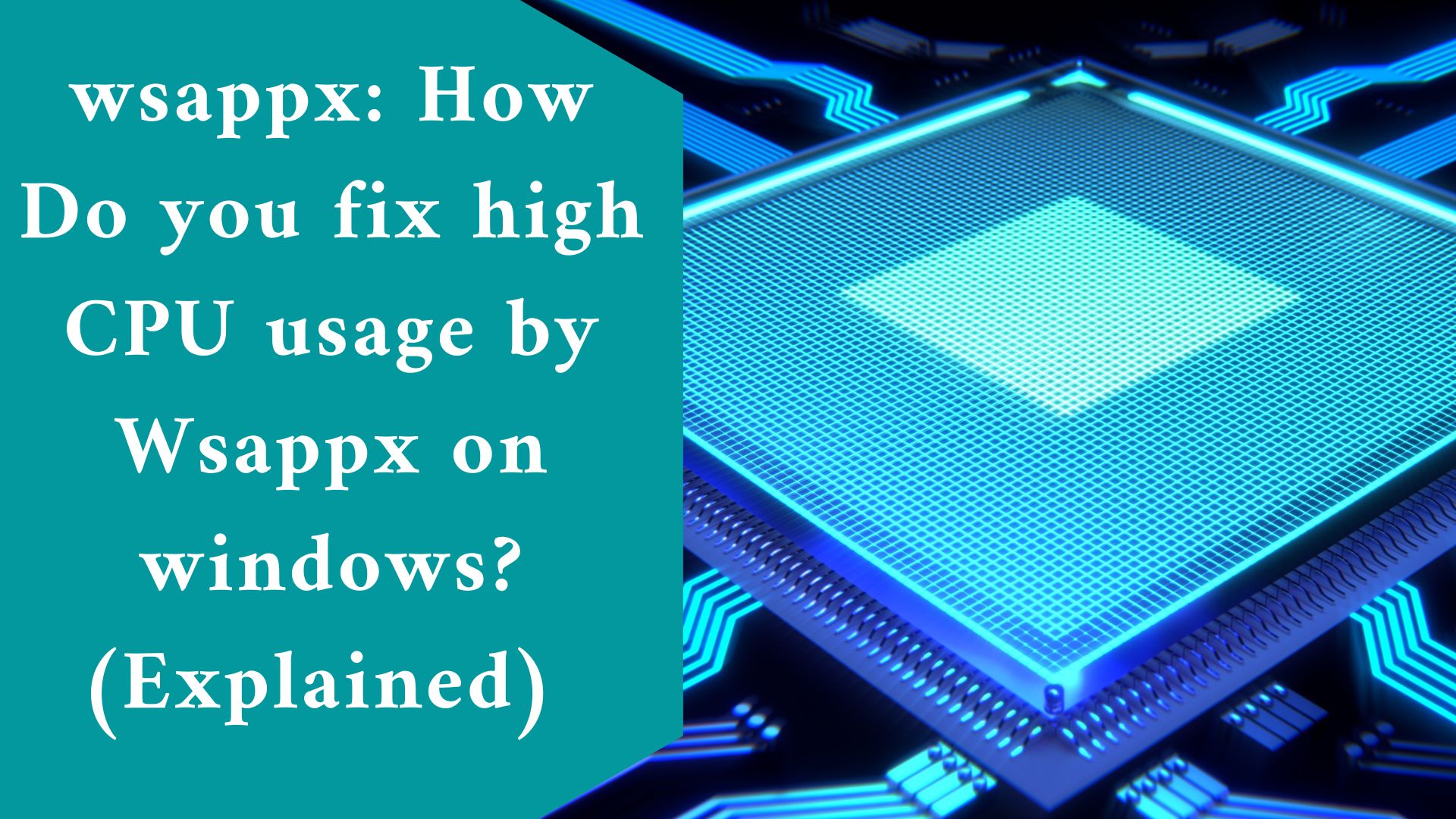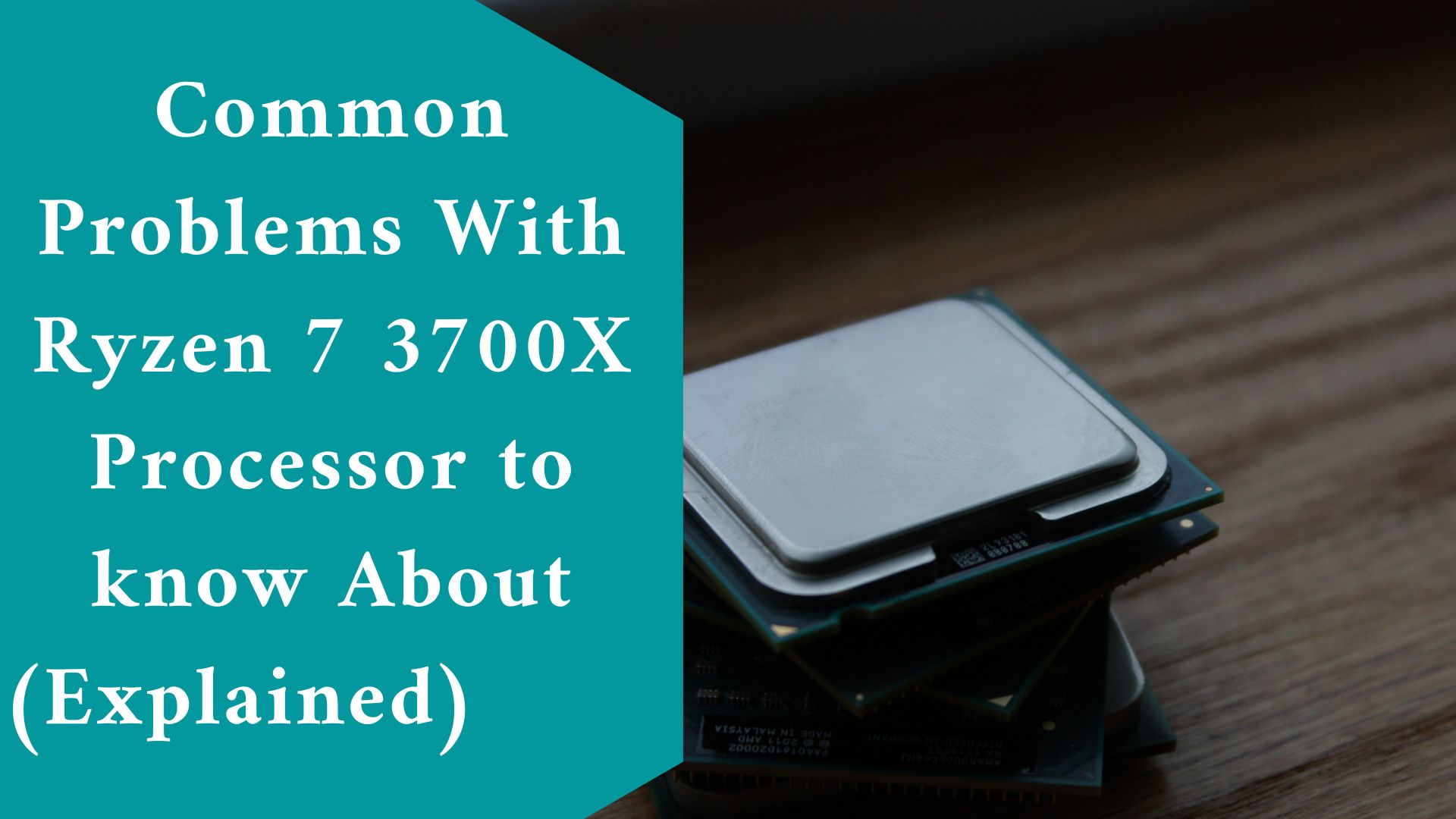Will Adding More RAM Speed Up Your PC? Do more Ram improve PC performance
The speed of a computer can be increased by adding more Random Access Memory (RAM), however, this is not always the case and frequently depends on other factors.
Adding more memory will often increase the operating performance if a RAM shortage is the only factor slowing down an otherwise fast system.
When there are other issues in addition to a RAM shortage, adding extra memory may be helpful, but those additional issues must be handled for optimal performance.
In rare circumstances, a computer might simply be too old to run more modern programs, assuming they can be run at all.
Examining the RAM
Depending on the operating system, there are numerous ways to verify a computer’s RAM use (OS).
The simplest way to see how much memory a computer has on a device running a version of WindowsTM is to look at the System screen in the Control Panel.
The Task Manager, which can be opened by pressing the Ctrl, Alt, and Del keys, displays how this RAM is being used.
This tool’s Performance tab displays a graph of memory resources, and it may list the RAM’s usage as “physical memory” depending on how it is being used.
Similar data is seen on the System Memory tab of the Activity Monitor for Mac OS-powered systems.
Although this is not usually the greatest technique to increase computer speed, third-party software can be used to monitor memory and even release RAM when necessary.
Closing inactive but memory-consuming programs is one way to free up RAM. Installing extra RAM can typically increase computer speed if a system is memory constrained or frequently requires RAM to be freed up.
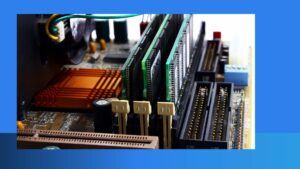
Adding RAM to your PC
It’s crucial to verify the motherboard before making a RAM purchase. The motherboard is the circuit board that houses the majority of the critical parts of the computer, and it has a finite amount of room for more memory.
The board may have reached its maximum capacity for the number of physical RAM sticks or the sum of their values. For instance, a motherboard may only have three RAM slots with a maximum capacity of 12 GB.
If the motherboard includes three 2 GB sticks, one or more of those could be replaced by 4 GB sticks to boost the RAM if all three slots are occupied with 4 GB sticks, preventing the addition of any additional RAM.
There are different types of RAM, so it’s crucial for anyone looking to upgrade to confirm what sort is required by consulting the computer’s user manual or online resources. If the wrong kind of memory does fit into the motherboard’s slots, it normally won’t work and the computer won’t turn on.
A desktop computer often requires less work to add RAM than a laptop. It is typically possible to open the casing of a desktop computer with a tower or other comparable chassis and add RAM directly to the motherboard.
Laptop computers, which are much smaller and have less space used smaller memory sticks that can be more challenging to install correctly.
Before making any hardware modifications, it is important to take into account the possibility that prebuilt computers may have warranties that are void when new components are added.
What is the purpose of RAM in PC?
The RAM functions as the “brain” of the computer system. Similar to how the human brain uses long-term and short-term memory, computers also use these two forms of storage.
Data is stored on a hard disk for later use, serving as long-term memory. RAM functions like short-term memory and is used to process data while a program is executing.
Typically, the numerical value of RAM is expressed in terms of the amount of storage, such as one gigabyte.
How much memory is available to run applications and processes at any given time is determined by the RAM size.
Multiple pieces of software can be utilized simultaneously without significantly slowing down the computer if there is more RAM available to run programs.
What causes slow computers apart from RAM?
A sluggish graphics card may contribute to poor performance for gamers and others using video apps.
To avoid consuming system RAM and Central Processing Unit (CPU) resources, a good graphics card should have its onboard RAM and GPU.
The instructions for the motherboard often list the kinds of hardware that can be used to increase performance by switching to a better card.
A computer’s CPU may need to be upgraded, which can significantly increase computer speed, even if the graphics card is of the highest caliber and the RAM appears to be enough.
Computer speed is also impacted by maintenance difficulties. The performance will be slowed by insufficient hard disk capacity as well as a fragmented drive.
That aspect of the problem can be resolved by switching to a larger disk drive, and hard drives should routinely be defragmented.
Malicious software or malware, such as spyware, keyloggers, and other types can delay a computer by using system resources.
An antivirus tool and/or firewall should be used to assist secure the system because malware can be used to steal or harm data and personal information.
A computer may occasionally run smoothly other than for a single application. The majority of software has minimum system requirements that must be met for it to function properly, but for excellent performance, more memory and processing power are frequently required.
A system is likely to have issues running the software if it can only fulfill the minimum requirements.
For a program to run quickly and consistently, twice the recommended RAM and computing power are usually required.
Final thought
As we have seen in our guide today, adding more RAM to your PC could slightly improve the general performance of your machine.
However, it also depends on circumstances, there are times when this could be a bug to your computer.
We hope that our guide was helpful to you. Let us hear from you in our comment section below, do you think adding RAM will improve the speed of your PC?
Related article:
These Upgrades Will Have the Biggest Impact on Your PC’s Performance (Explained)

